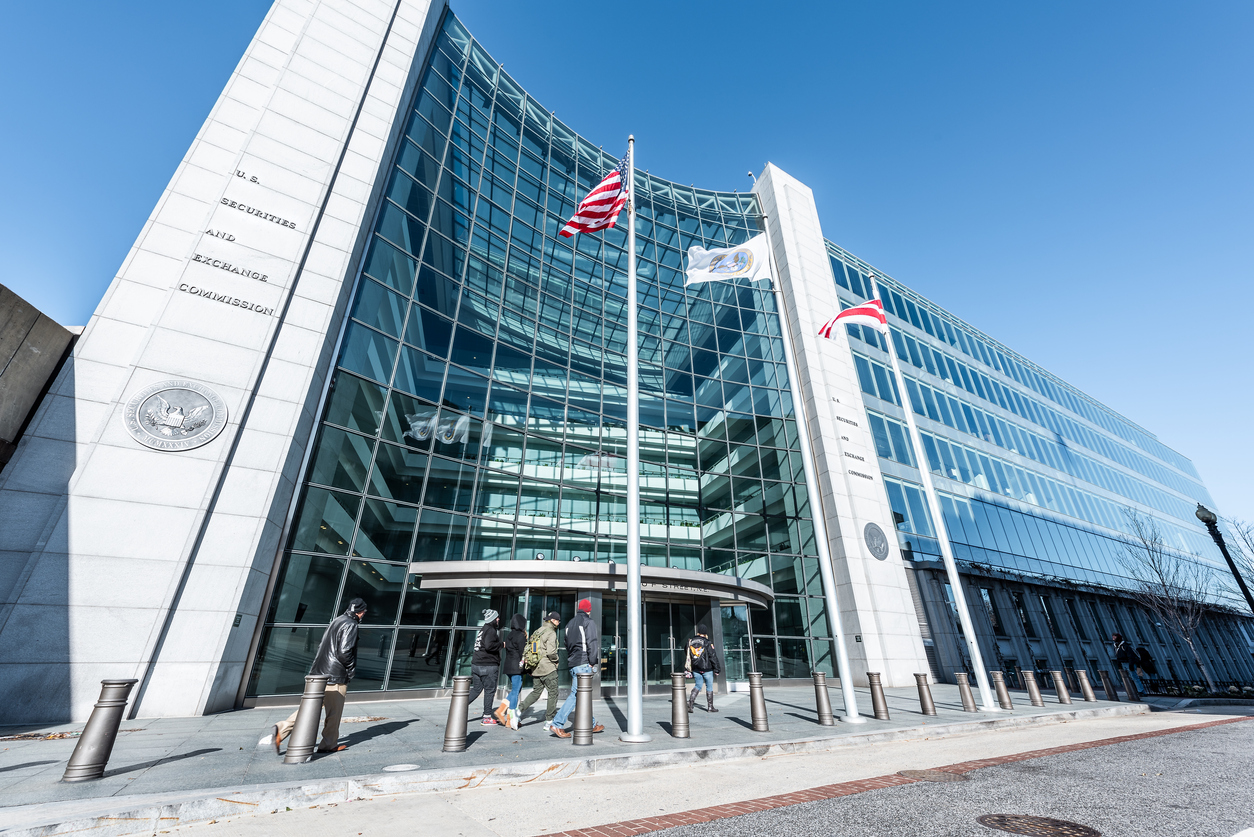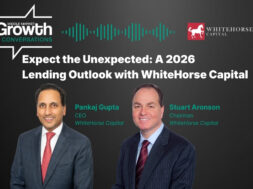SEC Moves to Expand Scope of Private Equity Data-Gathering with Form PF
The SEC's Form PF amendment proposals raise questions over the impact on PE reporting processes – and risk mitigation in the broader financial system.

The U.S. Securities and Exchange Commission announced late last month its proposed amendments to Form PF, an effort the agency said aims to elevate its ability to assess potential systemic risk to the broader financial system through more robust reporting by advisors of private equity and large hedge funds.
The proposed amendments are open for public comment, and have already generated significant chatter throughout the private equity arena.
As funds and their advisors sort through what the proposed changes would mean for reporting practices, industry experts and analysts consider the broader implications for private equity firms.
The SEC’s Proposals
The SEC included two key changes in its proposed amendments to Form PF.
First, the changes would give advisors of PE and large hedge funds one business day to report on “any events that indicate significant stress at a fund that could harm investors or signal risk in the broader financial system,” according to the agency’s press release.
For all private equity funds, such an event could be advisor-led secondary transactions or the removal of a fund’s general partner, for example. Large private equity fund advisors would be required to file a report within one business day of additional events, such as financings and the restructuring or recapitalization of portfolio companies.
Second, the amendments would lower the threshold at which these advisors must file Form PF down to $1.5 billion in assets under management, from its current level of $2 billion.
In a statement, SEC Chair Gary Gensler said industry growth and shifts in the decade-plus since the initial adoption of Form PF in 2011 have led the agency to identify opportunities to improve these reporting requirements, drive transparency and protect investors.
“Since the adoption of Form PF in 2011, a lot has changed,” said Gensler in a statement. “The private fund industry has grown in size to $11 trillion and evolved in terms of business practices, complexity of fund structures, and investment strategies and exposures.”
He added that after a decade of information-gathering by the Financial Stability Oversight Council (FSOC), “we have identified significant information gaps and situations where we could benefit from additional information.”
Under current requirements, PE advisors file Form PF annually, while advisors to large hedge funds file quarterly. More frequent reporting and a broader scope of information gathered would enable the FSOC to more comprehensively assess systemic risk, expand its oversight of these advisors and bolster its investor protection efforts on a timelier basis, the SEC’s announcement said.
Swift Reactions
The SEC’s announcement comes as many within the private funds arena brace for expected regulatory shifts, particularly in the private equity space, as Gensler has made clear his desire for a transparency push.
“We are going to take up, again, a project around driving greater competition and efficiency in the private funds space,” the SEC chairman told CNBC earlier this year. “These are the funds that raise money—the total number is about $17 trillion—from pension funds and also from wealthy individuals.”
While the proposed amendments may not necessarily come as a surprise, not everyone within the SEC is in favor of these amendments.
In a statement objecting to the proposals, SEC Commissioner Hester M. Peirce said while the SEC’s press release points to expanded reporting and data-gathering as a way to monitor and potentially mitigate disruptions in the broader financial system, amendments to Form PF would not necessarily have this result.
“The release provides scant evidence that the amendments to Form PF would enhance FSOC’s ability to monitor for systemic risk,” Peirce wrote in a statement. “Rather, the enhanced reporting seems intended primarily to provide the Commission with additional information to support its regulatory enforcement programs.”
“A regulator’s desire for data is insatiable, but more data is not always better,” she continued. “Merely citing gaps in data is not enough.”
As the public comment period continues, there will undoubtedly be additional questions and concerns regarding these proposed amendments and their impact on the private equity space.
In addition to uncertainty as to what would constitute a Form PF-filing event, there are some concerns that advisors have a single business day to file and notify the SEC of such an event.
According to analysis by law firm Cleary Gottlieb, private equity advisors already face the time constraint of minimum-notice periods for various events, so the one-business-day rule is not likely to create an additional burden.
However, an event such as “extraordinary investment losses” may introduce confusion around how to quantify unrealized losses, “particularly in times of market volatility,” and “would likely result in the one-business-day reporting deadline creating an operational burden, the firm said.
“Such losses may also be more rightly characterized as evidence of a short-term tumultuous market, rather than being indicative of widespread systemic risk,” it added.


